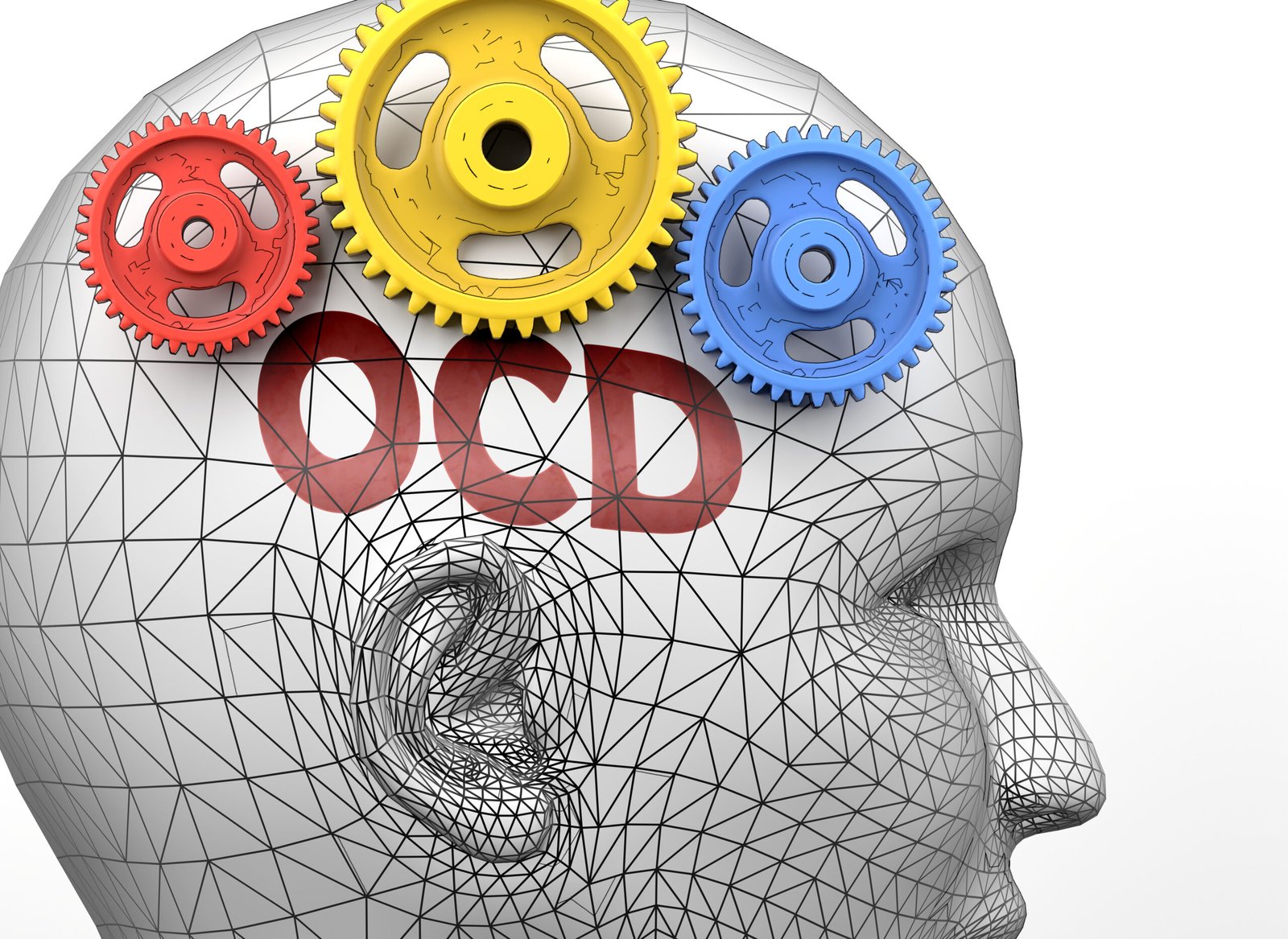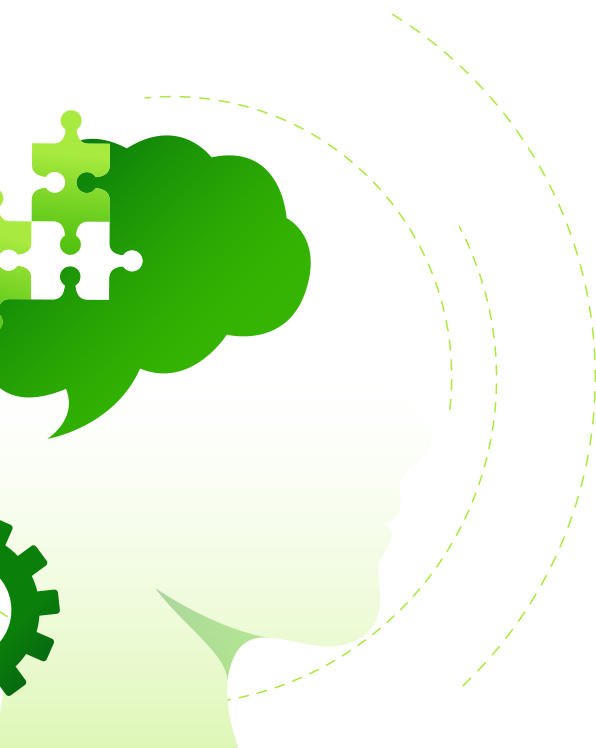
May 20, 2023
Obsessive-Compulsive Disorder (OCD) is a mental health condition characterized by intrusive, unwanted thoughts or obsessions, often accompanied by repetitive behaviors or compulsions performed in an attempt to alleviate distress or prevent perceived harm. While OCD primarily affects the mind, its effects can extend to the body in various ways. The persistent cycle of obsessions and compulsions can trigger significant stress and anxiety, activating the body’s “fight or flight” response and leading to physiological symptoms such as increased heart rate, muscle tension, sweating, and gastrointestinal distress. Chronic stress associated with untreated OCD can also contribute to long-term health problems, including cardiovascular disease, weakened immune function, and exacerbation of pre-existing conditions. Additionally, the repetitive nature of compulsive behaviors can result in physical discomfort, such as skin irritation from excessive handwashing or injuries from repetitive checking rituals.
Symptoms of OCD can vary widely among individuals but typically include intrusive, distressing thoughts or images related to fears of contamination, harm, or a need for symmetry or order. These obsessions often provoke intense anxiety, which individuals attempt to alleviate through repetitive rituals or compulsions, such as excessive cleaning, checking, counting, or arranging objects in a specific way. Despite providing temporary relief, compulsive behaviors ultimately reinforce the cycle of obsessions and contribute to feelings of shame, guilt, and diminished self-esteem.
Effective treatment for OCD typically involves a combination of psychotherapy, medication, and lifestyle modifications. Cognitive-behavioral therapy (CBT), particularly exposure and response prevention (ERP), is considered the gold standard of treatment for OCD. ERP involves gradually exposing individuals to feared situations or stimuli while preventing them from engaging in compulsive behaviors, helping to desensitize them to anxiety triggers and break the cycle of obsessions and compulsions. Medications such as selective serotonin reuptake inhibitors (SSRIs) or serotonin-norepinephrine reuptake inhibitors (SNRIs) may also be prescribed to alleviate symptoms by modulating neurotransmitter activity in the brain. Lifestyle changes, including stress management techniques, regular exercise, and adequate sleep, can complement therapy and medication in promoting overall well-being and reducing the impact of OCD on both mind and body. Seeking professional help from a mental health provider specializing in OCD is essential for accurate diagnosis and personalized treatment planning tailored to individual needs.


